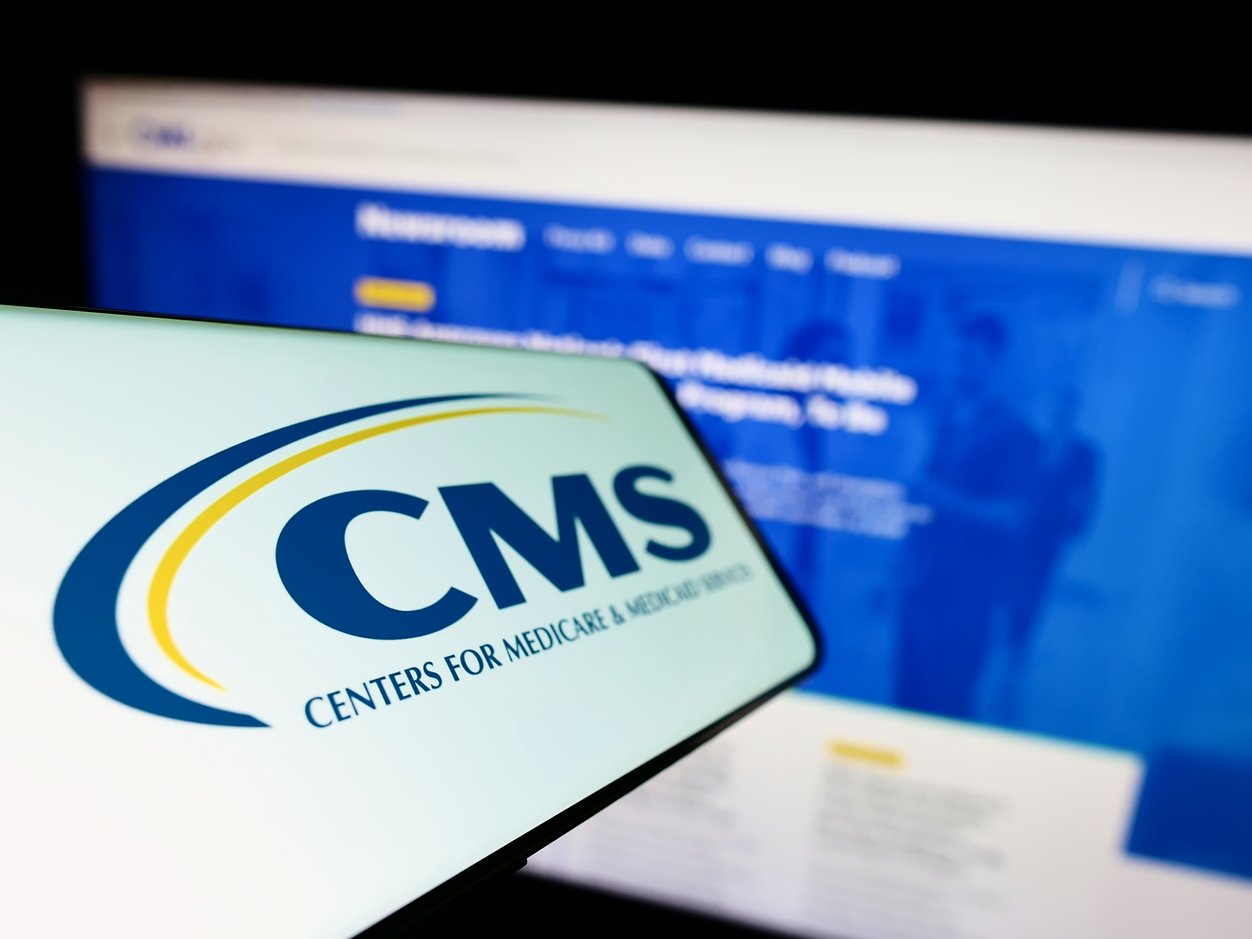medicare advantage
Feds levy more fines on MA plans

Adobe
CMS fined three different Medicare Advantage plans this month, each one getting dinged differently for the way they overcharged their members. But there was one common theme: The MA plans’ technology systems screwed up. (Similar to the EmblemHealth fine we highlighted a couple months ago. Spoiler alert: EmblemHealth makes another appearance here.)
These types of federal audits are routine. And the penalties are minuscule for the insurance companies — roughly equivalent to some pennies under a couch cushion. But they could serve as warnings for companies to clean up their compliance and IT infrastructure before regulators knock on their doors again.
Read the story to find out which companies got fined and what kind of message the penalties are sending.
private equity
Some transparency is coming for PE firms
Private equity is transforming the health care industry — for the worse, mostly — with its buy-ups of physician practices and nursing homes. Soon, these mysterious funds will have to open their books for annual audits and give investors quarterly statements on their fund performance, fees, and expenses under new rules from the Securities and Exchange Commission, my colleague Tara Bannow reports.
This marks a significant change for an industry that’s become accustomed to operating under the radar. Despite that, the final rules didn’t pack as much of a punch as the original version released in early 2022.
Perhaps the biggest difference: While the draft would have outright prohibited the funds from doing things “contrary to the public interest,” the final version says they can go right ahead, so long as they let their investors know. Examples of such activities include taking money out of the fund to pay for their own expenses and borrowing money from fund clients. The draft would also have required private equity funds to seek third-party fairness opinions to ensure their prices are fair prior to closing deals. The final rule instead adds the option of getting a third-party assessment of the deal’s value, without a fairness determination.
Still, the changes go a long way toward protecting investors, which include public worker pension funds and university endowments. SEC Chair Gary Gensler said the rules are for all investors, “big or small, institutional or retail, sophisticated or not.”
stock market
The next big health care IPO?
Health care IPOs have been dormant for several years, outside of some biotech, digital health, and medical device companies. But that could change if revenue cycle giant Waystar goes public soon.
Reuters reported Waystar has hired banks to explore an initial public offering for either later this year or early next. Waystar would be valued at $8 billion. That would make it bigger than one of its main competitors, R1 RCM, which currently has a market cap around $7 billion and has extremely close ties to the Catholic hospital system Ascension.
Waystar also would have a higher valuation than Ensemble Health Partners, the revenue cycle firm spawned out of Catholic hospital system Bon Secours Mercy Health. Private equity firms Berkshire Partners and Warburg Pincus acquired significant stakes in Ensemble last year, valuing the company at $5 billion. (Bon Secours still owns a minority stake in Ensemble, enough to shovel $30 million of income into Bon Secours’ coffers so far this year.)
Waystar works with thousands of hospitals, physician practices, surgery centers, and other providers on ways to maximize their revenue — i.e., collecting payments from patients, pursuing more “accurate” coding, installing medical claims technology, appealing denials from insurance companies. Bain Capital, a minority investor, recently said Waystar had more than $600 million in revenue in 2022. If you know other important nuggets about Waystar, or any other private health care companies that are considering an IPO or SPAC, let me know.

